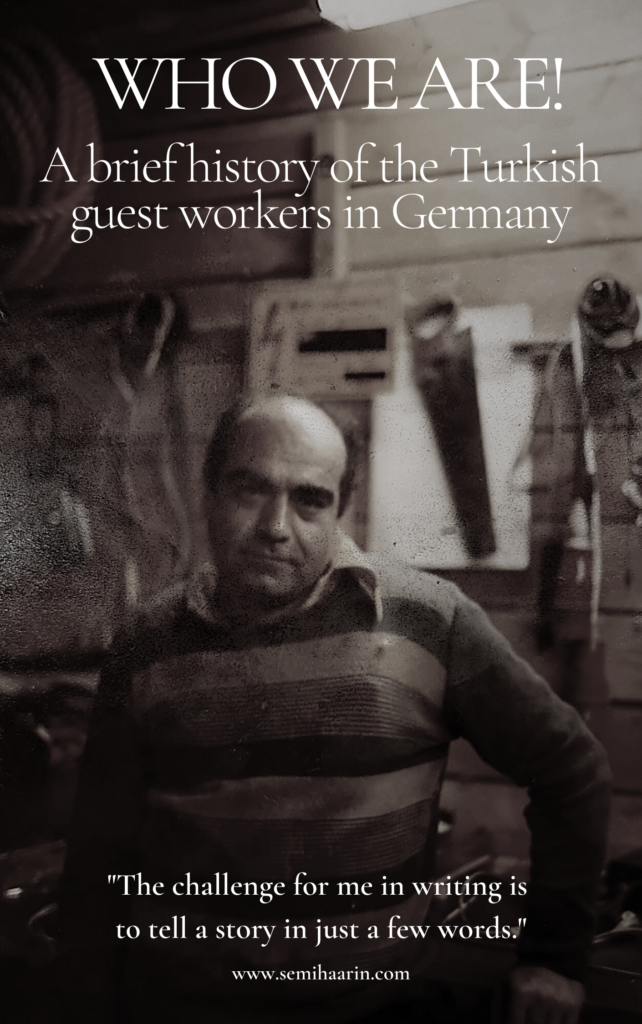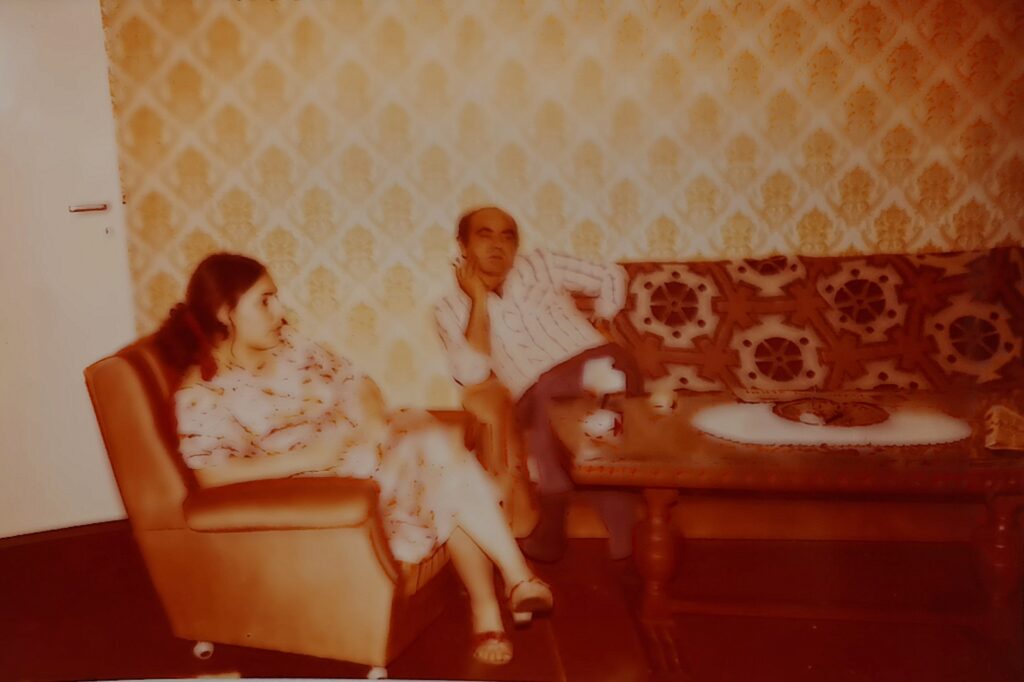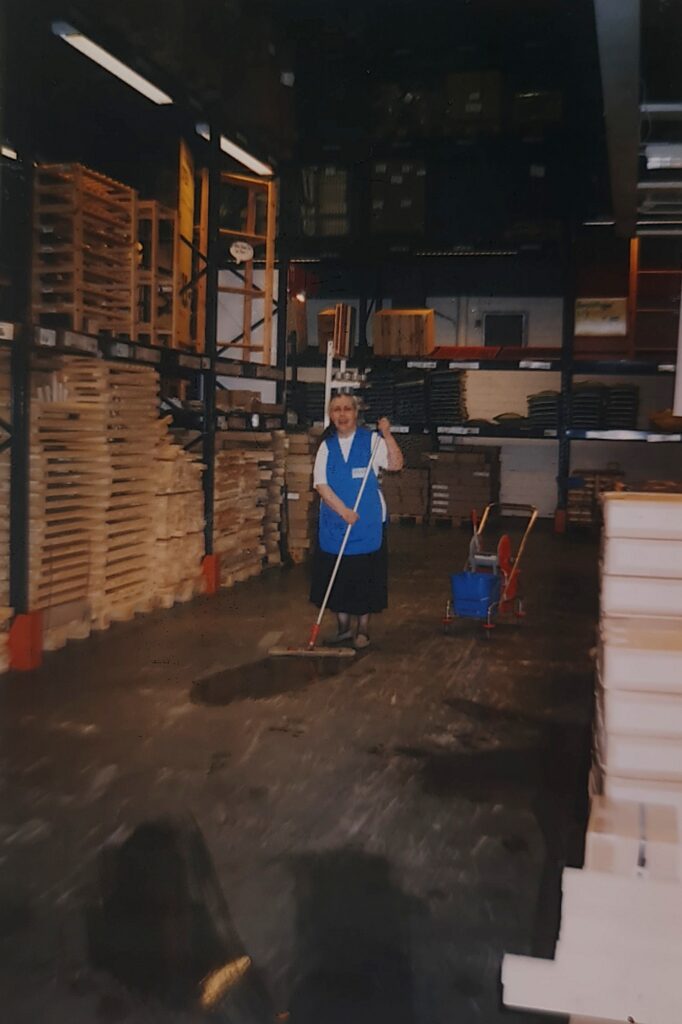
Who we are! A brief history of the Turkish guest workers
When I came to Germany at the age of 11, not only was I an outsider in school, but my family was an outsider in society too. My parents wore poor clothes and spoke hardly any German. So no matter where we went, we were treated to 2nd class people. The saddest part, however, was that my parents believed that the ways of treatment were fair.

My parents are classic guest workers, migrants. I am a result of the history of the Turks in Germany.
But who are we? On the one hand people with a low level of education, little integration and on the other hand they write history, as well as the founders of Biontech.
Germans don’t see us as Germans. Turkish people in Turkey do not see us as Turkish. Believe me, I finished elementary school there and worked for a year in 2016.
You can only develop wings if you know your identity. But first you have to know your roots.

In 2015 I wanted to deal scientifically with my roots and my history.
“The recruitment agreement with Turkey marked an important date in German post-war history. This began a unique immigration story that changed Germany. Hard-working and hopeful people who worked in steel mills, car factories or in mining came." (Heinrich Alt 2013)
First my summary facts of the story:
The history of the Turks in Germany can be traced back to the German-Turkish recruitment agreement in 1961 in the Federal Republic. Over 80% of guest workers were unskilled. For the most part, they were used for physically demanding work, which in some cases was also harmful to health. 37% of guest workers worked in the iron, steel and metal industry. A quarter of the workforce was employed in the textile and chemical industries. The construction sector employed 14% of foreign workers in Germany.
The high unemployment rate in Turkey in the 1970s and 1980s and the economic boom in Germany were the main reasons for the emigration of workers. The government in Turkey did not offer citizens any social security protection. People’s greatest motives were the hope of earning their own money and saving it in order to provide themselves and their families with a better life. The Turkish guest workers had no precise idea of Germany before they came to Germany.
The agency for employment and worker placement had the task of informing potential workers about general living and working conditions in the West Germany. The information was not sufficient for many, so that numerous Turkish guest workers in Germany experienced a difficult initial phase.
In the first generation, 3% had a high school diploma and 2% had a university entrance qualification. The second generation showed a higher level of education with 21% acquiring secondary school leaving qualifications and 12% completing university entrance qualifications.
Now my interpretation of the story:
Even if you don’t believe me, these people weren’t interested in the modernity of a country. They loved their country, their villages and their culture. They came only to escape poverty. Poverty means having no food, no money for medicine. Germany also had no interest in pursuing an integration policy for the first generation. Because the guests should go back.
However, when the companies realized that it was cheaper to keep the existing workers, the guest workers and their families were able to stay in Germany. Everything revolved around the economy. So before you judge 1st generation about their language skills or dress, you should know that.
They were the poorest of the poor. Neither Turkey nor Germany was interested in giving these people an opportunity for education. The work they had done in Germany was so exhausting that they ate and slept the rest of the day to gain strength. Just work in mining for an hour and tell me how you feel.

Today there is a group of generation of guest workers. You know them, they would love to dress up in Gucci, Prada and Louis Vitton and drive expensive cars. Even before you condemn this group, you should know that it is trying to position itself in the middle of society and not on the fringes. It’s a fight against shame inflicted on them as children. Even if I don’t value any of these brands, I am no different from this group (Proll-Turks).
We all try to be a part of the whole. We all try to be noticed, listened to and respected. As paradoxical as humanity is, our eternal attempt to belong to a group. And The never-ending attempt to marginalize an ethnic or social group. It’s like „Lord of the Rings“ – the eternal struggle between good and evil.




